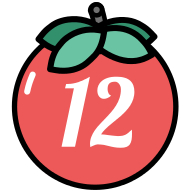Self-improvement is something we all struggle with occasionally. We all want to be the best versions of ourselves, whether that is a more fit version or a more productive or successful one.
With those goals in mind, we often try to formulate a plan of action that will get us there. Unfortunately, that sometimes means changing certain habits of ours. That is often easier said than done. It can often be discouraging when it seems like we can’t make the big changes we want in our lives happen. However, there is hope because by facilitating small changes, we’re able to enact change in our lives.
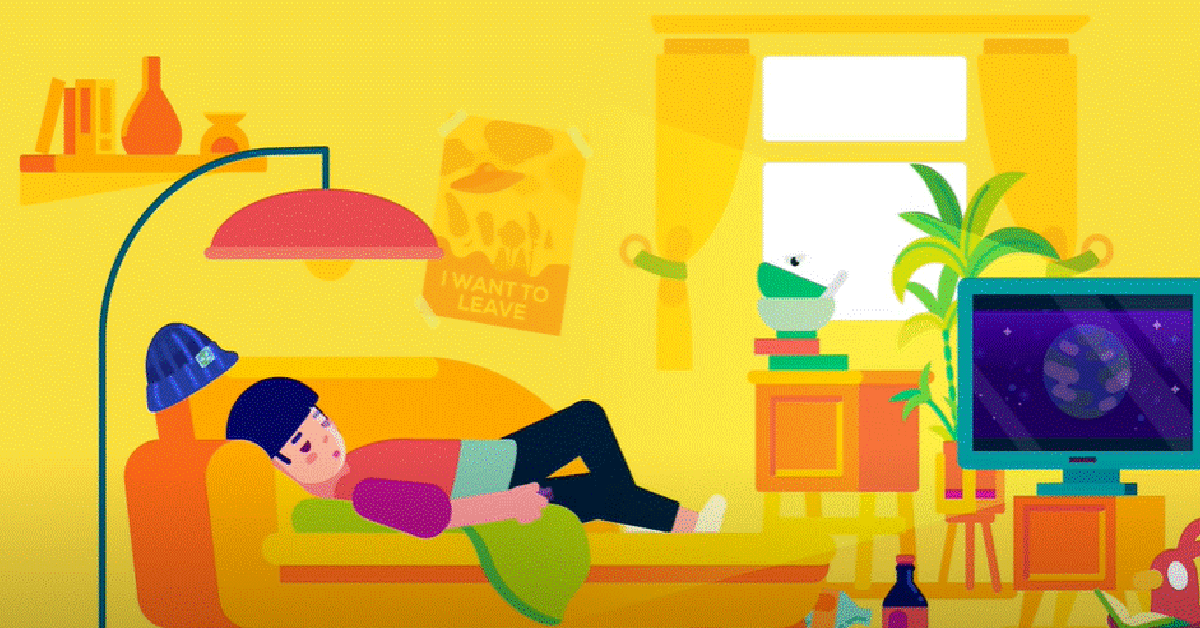
The wise Kurzgesagt has shared an animated insight into the difference between routines and habits, and how making small changes can actually help to turn our lives around.
As explained in the video, “Turns out you fell victim to a lie: the fact that you have such a hard time changing or reaching your goals isn’t due to you being lazy or weak. All your actions and behaviors are like paths in your brain. Science has made amazing discoveries about these patterns and how you can influence them.”
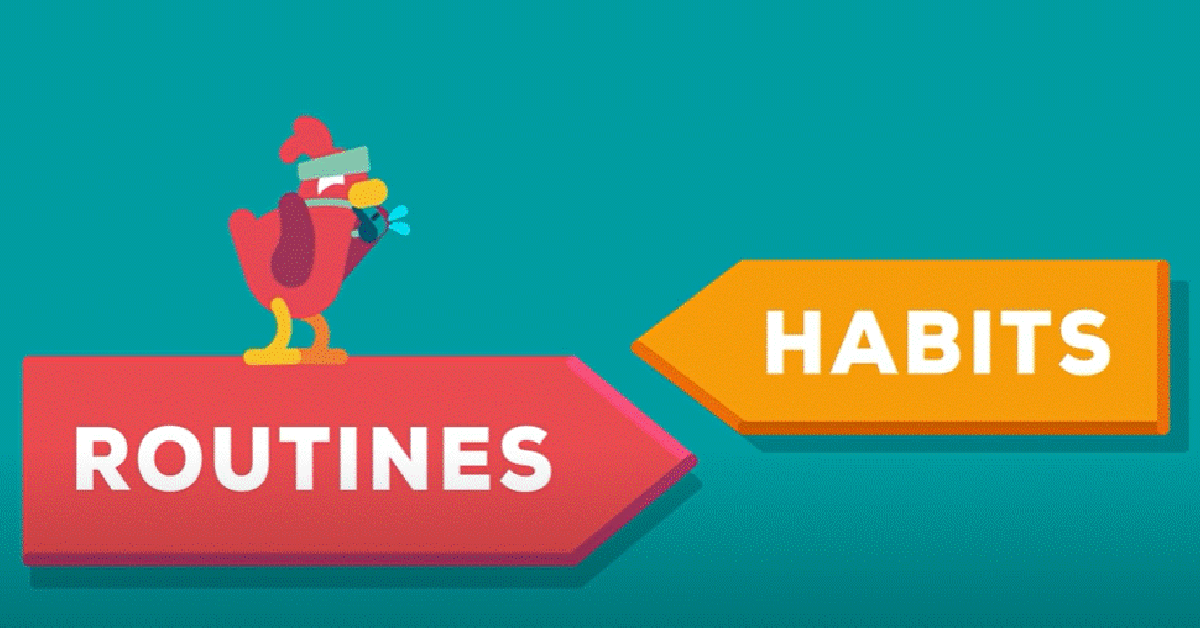
Kurzgesagt further shared how routines are just a sequence of actions that we actively perform in a repeated process, much like following a recipe. We often start out thinking about our routines until they become a habit. However, habits are routines that we do without even thinking about them. And our habits are often something that we associate with a reward as well. So if we want to make changes, we need to start with small changes to our routines until they become habits.
As further explained in the video, “Habits are executed by an impulsive toddler. It responds to your immediate desires, based on what is around you. …For the toddler, the future doesn’t exist and it hates hard work. So when it notices a trigger, it steers you to take this easy road inside your brain that leads to a familiar rewarding result. …Rewarding feelings associated with an action demand to be repeated and so a bad habit is born. While the toddler sounds like a built-in sabotage mechanism, it is as important as the wise planner and actually, they work together most of the time!”
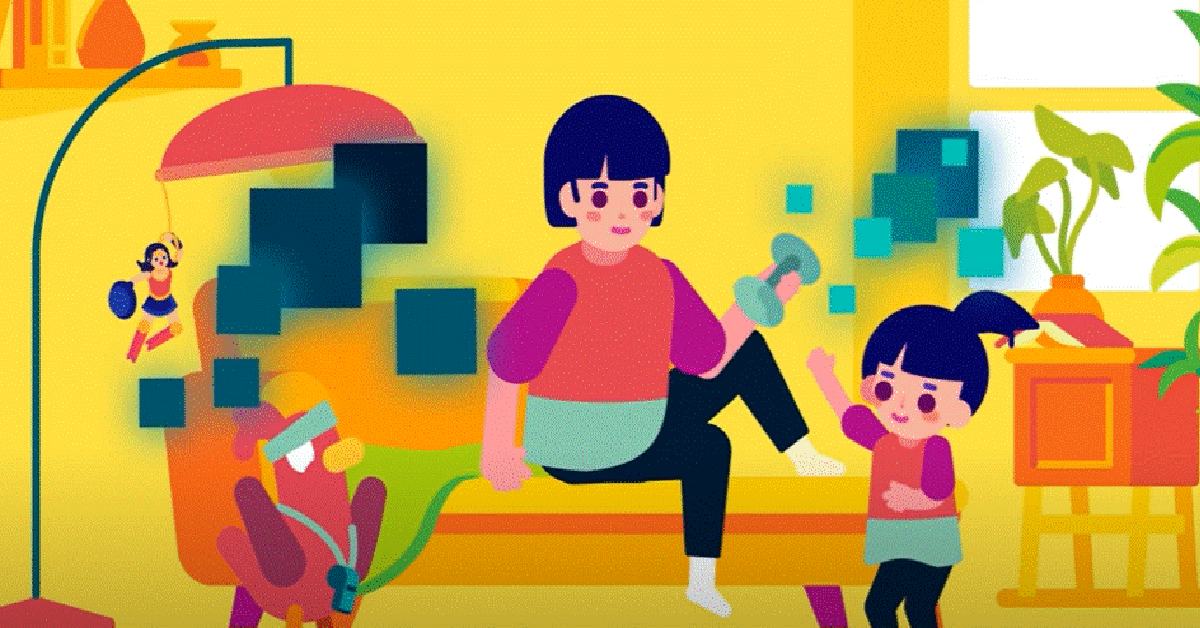
So, by that logic, if our goal is to be more fit, then we need to start with diet and exercise. But we can’t expect ourselves to suddenly be running five miles a day every day without first starting small. For example, if we want to make exercise a habit, then we first need to make it a deliberate part of our routine and reward ourselves when we manage to do it.
Over time, the repeated routine of exercise will become a habit we don’t need to actively think about. Of course, the idea is to start small with something attainable. Once that attainable routine becomes a habit, you can build on it.
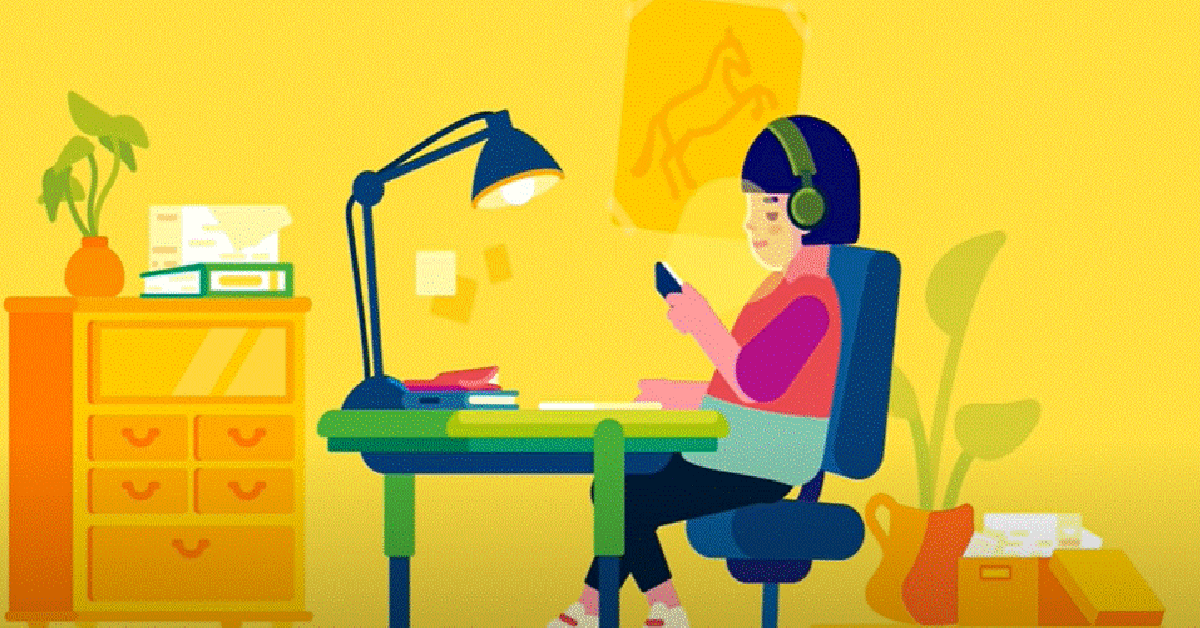
Kurzgesagt states, “If you want to make change easier, the best way may not be to force it with willpower but to convince your brain that it’s not that big of a deal. By creating new routines and then turning them into habits. You want your wise planner to construct that first trail and then use your toddler to help initiate the action effortlessly.”
Check out the video below:
What changes to your routine are you trying to make? What new habits are you trying to form? Let us know!













